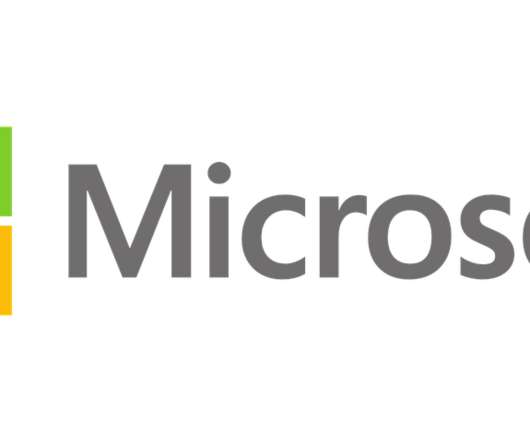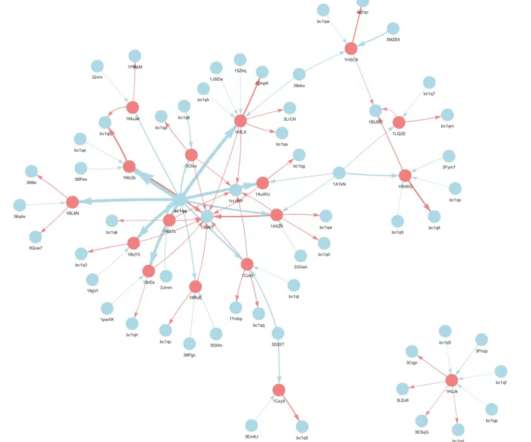Windows Defender identified Chromium, Electron apps as Hive Ransomware
Security Affairs
SEPTEMBER 5, 2022
Microsoft released a Windows Defender update to fix a problem that caused Defender antivirus to identify Chromium, Electron, as malware. It has already happened in the past that the popular antivirus software has identified Chrome as a malicious code, the website The Register reported a similar problem in 2011.













Let's personalize your content